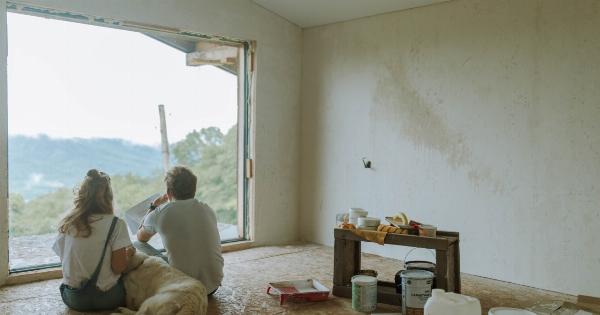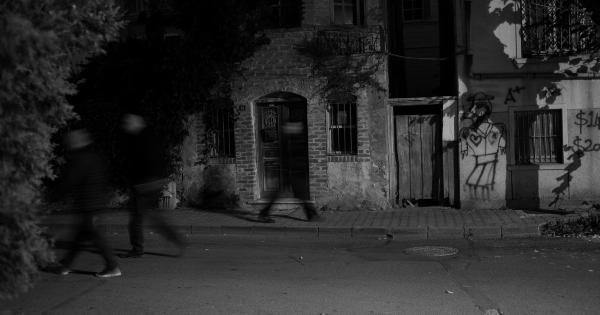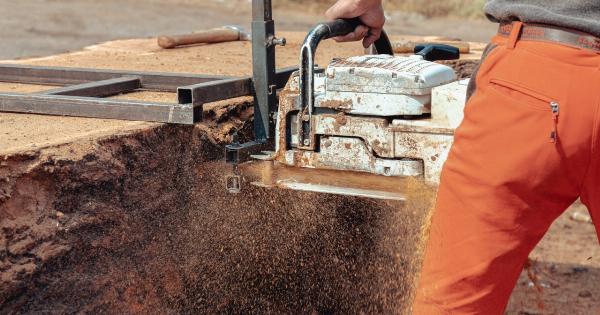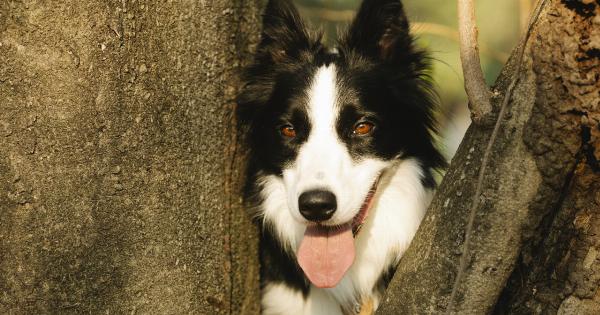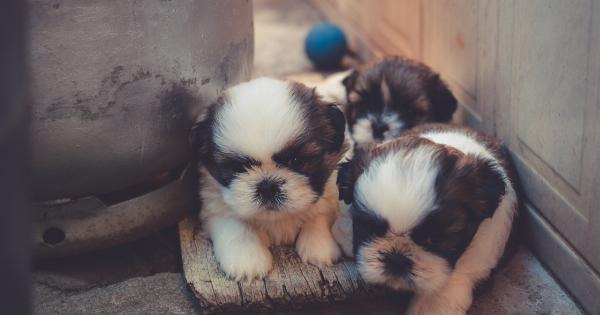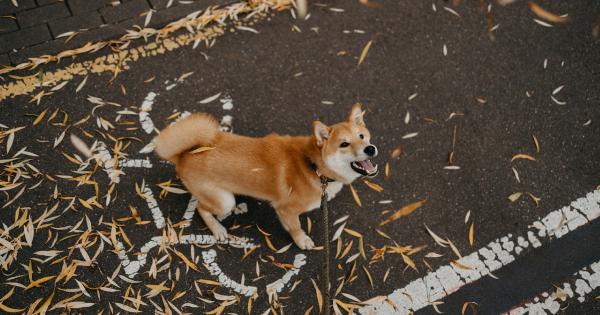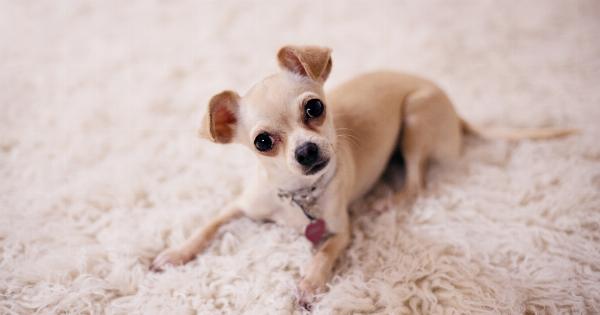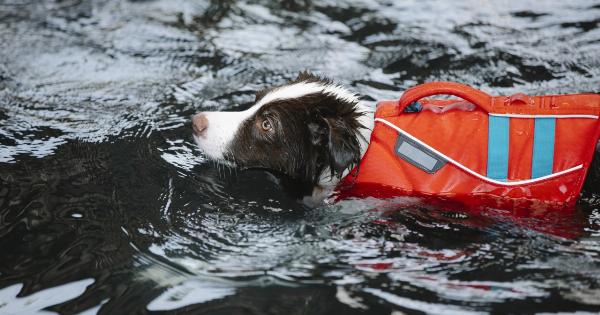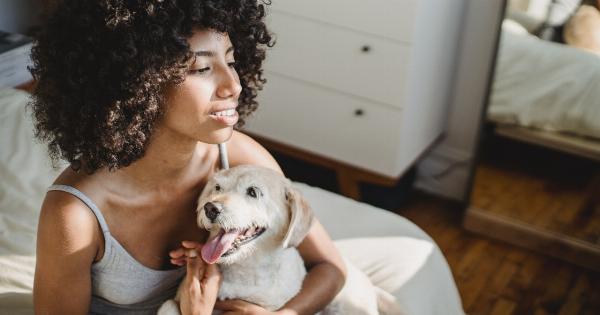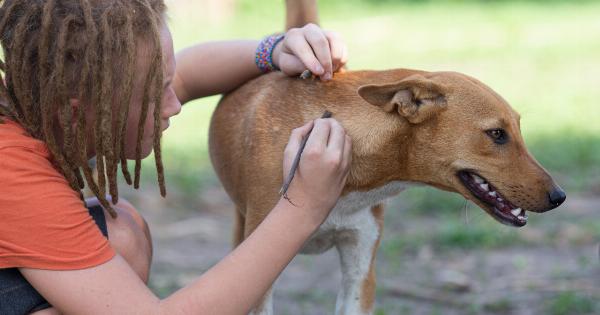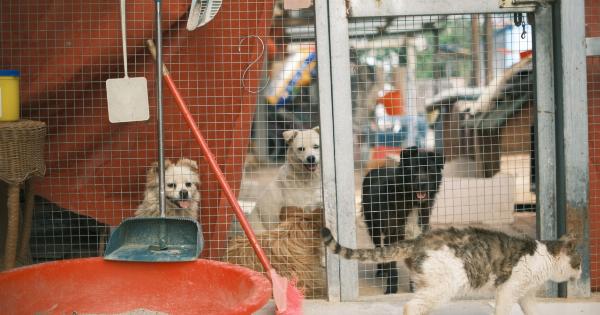Welcoming a new puppy into your home can be an exciting and joyous experience. However, it’s important to remember that puppies, like humans, require guidance and training to ensure they grow into well-behaved and obedient dogs.
While puppies are adorable and lovable, they are also capable of exhibiting negative behaviors that need to be addressed promptly. In this article, we will discuss seven common negative puppy behaviors and provide tips on how to address and correct them.
1. Biting and Nipping
Puppy biting and nipping is a natural behavior as they explore their surroundings and learn about their environment. However, if left unaddressed, this behavior can become problematic and potentially lead to injuries.
To address biting and nipping, it’s important to provide appropriate chew toys for your puppy and redirect their attention to these toys whenever they attempt to bite or nip at you. Additionally, using positive reinforcement techniques such as rewarding them with treats and praise when they refrain from biting can also be beneficial in curbing this behavior.
2. Excessive Chewing
Puppies, like human babies, explore the world using their mouths. However, if your puppy exhibits excessive chewing behavior, it can be destructive and lead to damaged furniture, shoes, and other valuable belongings.
To address excessive chewing, ensure that your puppy has access to plenty of appropriate chew toys. Providing them with a variety of textures and sizes will help satisfy their natural urge to chew. Consistently supervising your puppy and redirecting their chewing behavior to approved items will also aid in curbing excessive chewing habits.
3. Jumping Up
When puppies are excited or seeking attention, they may exhibit a tendency to jump up on people. While this behavior may seem harmless when they are small, it can become a nuisance as they grow bigger.
To address jumping up behavior, it’s essential to establish consistent and clear boundaries. Teach your puppy the “off” command and reward them with praise and treats when they keep all four paws on the ground.
Ignoring your puppy when they jump up and only providing attention and affection when they are calm and have all paws down can also help discourage this behavior.
4. Excessive Barking
Barking is a natural way for puppies to communicate, but excessive barking can be disruptive and bothersome. To address excessive barking, it’s crucial to identify the underlying cause. Puppies may bark due to boredom, fear, or a need for attention.
Ensuring your puppy receives sufficient physical and mental stimulation through regular exercise and playtime can help alleviate boredom-related barking. Additionally, teaching your puppy the “quiet” command and rewarding them when they stop barking on command can also be useful in curbing excessive barking behavior.
5. Separation Anxiety
Puppies are social animals and can experience separation anxiety when left alone. This anxiety can lead to destructive behavior, excessive barking, and even self-harm.
To address separation anxiety, it’s essential to gradually accustom your puppy to being alone. Start by leaving them alone for short periods and gradually increase the duration as they become more comfortable. Create a safe and comfortable space for your puppy when alone, providing them with toys and blankets that hold your scent.
Using positive reinforcement techniques and gradually building your puppy’s confidence can help alleviate separation anxiety.
6. Pulling on the Leash
Walking your puppy on a leash is an important part of their training and exercise routine. However, if your puppy constantly pulls on the leash, it can make walks unpleasant and difficult.
To address leash pulling, it’s vital to teach your puppy loose-leash walking techniques. Use positive reinforcement to reward your puppy when they walk calmly beside you without pulling. Consistency and frequent practice will help reinforce this behavior.
Consider using a harness rather than a collar, as it will provide better control and reduce the risk of injury.
7. House Soiling
Potty training is a crucial aspect of raising a puppy, and accidents in the house can be frustrating for both you and your furry friend. To address house soiling, it’s essential to establish a consistent routine for bathroom breaks.
Take your puppy outside regularly, especially after meals, naps, and playtime. When your puppy eliminates in the appropriate area, praise them and offer treats as positive reinforcement.
If accidents happen indoors, avoid punishment and clean up the mess promptly without scolding your puppy, as it may create confusion and anxiety.
Conclusion
Raising a well-behaved puppy requires patience, consistency, and positive reinforcement. By addressing and correcting negative behaviors early on, you can ensure that your puppy grows into a well-mannered and obedient dog.
Remember, puppies are quick learners, and with the right approach, you can help them develop into loving and well-adjusted members of your family.









